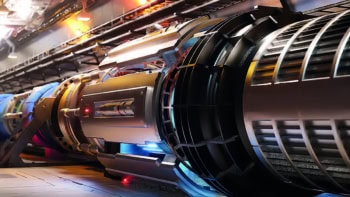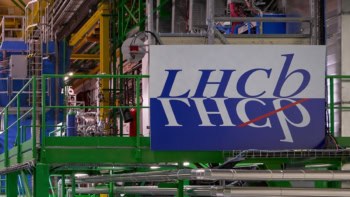
Estonia is the first Baltic state to become a full member of the CERN particle-physics lab near Geneva. The country, which has a population of 1.3 million, formally became the 24th CERN member state on 30 August. Estonia is now expected to pay around €1.5m each year in membership fees.
Celebrating its 70th anniversary this year, CERN’s member countries, which include France, Germany and the UK, pay costs towards CERN’s programmes and sit on the lab’s governing council. Full membership also allows a country’s nationals to become CERN staff and for its firms to bid for CERN contracts. The lab also has 10 “associate member” and four countries or organizations with “observer” status, such as the US.
Accelerating collaborations
A first cooperation agreement between Estonia and CERN was signed in 1996, which was followed by a second agreement in 2010 with the country paying about €300,000 each year to the lab. Estonia formally applied for CERN membership in 2018 and on 1 February 2021 the country became an associate member state “in the pre-stage” to fully joining CERN.
Physicists in Estonia are already part of the CMS collaboration at the lab’s Large Hadron Collider (LHC) and they participate in data analysis and the Worldwide LHC Computing Grid (WLCG), in which a “tier 2” centre is located in Tallinn. Scientists from Estonia also contribute to other CERN experiments including CLOUD, COMPASS, NA66 and TOTEM, as well as work on future collider designs.
Brazil becomes first Latin American country to join CERN
Estonia’s president, Alar Karis, who trained as a bioscientist, says he is “delighted” with the country’s full membership. “CERN accelerates more than tiny particles, it also accelerates international scientific collaboration and our economies,” Karis adds. “We have seen this potential during our time as associate member state and we are keen to begin our full contribution.”
CERN director general Fabiola Gianotti says she is “very pleased to welcome Estonia” as a full member. “I am sure the country and its scientific community will benefit from increased opportunities in fundamental research, technology development, and education and training.”




